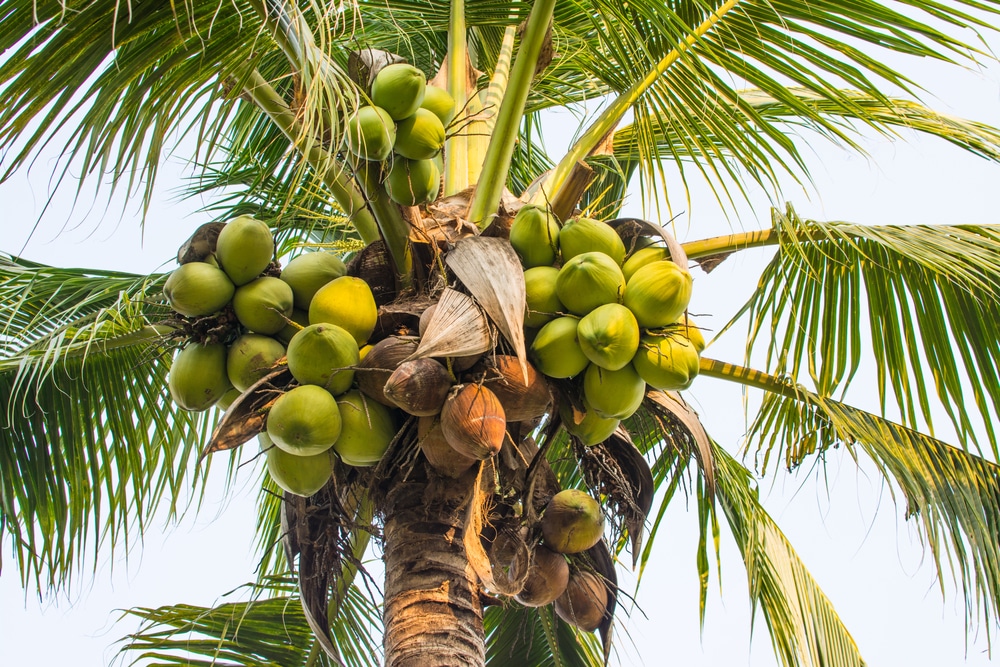You might have heard that coconut oil is a good source of healthy saturated fats and has many health benefits. You may have had this idea because these fats are classified as “good” cholesterol, but this isn’t actually the case – it’s always been assumed that they’re “good,” but there’s actually no evidence to support this claim.
The effects of coconut oil were compared to butter and tallow. Thus if virgin coconut oil and other saturated fats can raise LDL “bad” cholesterol, isn’t that countered by the increase in HDL “good” cholesterol?
We eat for our overall health, so it’s not enough to focus solely on cholesterol levels. Studies show that even when HDL levels go up, there is an increase in other heart disease risk factors. In this study the consumption of virgin coconut oil was found to lead to an increase in small LDL particles by 60%, and a decrease in large LDL particles by 10%. The exact opposite effect of butter and tallow.
Even worse, coconut oil consumption had the opposite effect on HDL cholesterol. Butter and tallow caused an increase in large HDL particles, but coconut oil caused a decrease in the same. This is significant, because large HDL particles are the good guys, they help clear out bad cholesterol buildup.
Small HDL particles, on the other hand, are not as effective at this. This study was done on people following a traditional diet in the Philippines.
But a similar study was done on people eating a Western-type diet, and the results were even more shocking. In this case, virgin coconut oil raised LDL cholesterol levels by 17%. Again, the opposite effect of butter and tallow and other saturated fats. When the results were combined, the increase in LDL levels were worse than butter. The reason was that the increase in HDL was not strong enough to counteract the dramatic rise in LDL.
What about saturated fats and heart diseases?
Saturated fats are not the big cause of heart disease, sugar is.
And the body can’t process sugar properly without saturated fats.
Sugar is the main cause of heart disease. It’s been known for over a hundred years that people who eat predominantly sugar develop heart disease while those who eat more starch and saturated fat are protected against it. So why is sugar still being blamed for heart disease?
Probably because it’s easy to blame something that everyone eats and most enjoy. The long-held idea that saturated fats are the main cause of heart disease is based on studies done over half a century ago. Back then, new technology was used to measure total cholesterol levels in the blood, and this seemed to be linked to the development of heart disease. The problem is that total cholesterol is a poor indicator of heart disease risk.
Furthermore, the studies were done on people eating a predominantly sugar diet. They then made the faulty assumption that sugar was not the main cause of heart disease, but that saturated fats were. Probably because at the time saturated fats were thought to be healthy foods. So the anti-fat myth stuck, and saturated fats have been unfairly vilified ever since.
This has caused a huge amount of unnecessary suffering and premature death. The truth is that saturated fats are a good food, and sugar is the true danger.
The body requires saturated fats to properly metabolize sugar. Without saturated fats, our bodies have difficulty absorbing glucose and insulin levels rise too high. This creates insulin resistance, and can lead to diabetes and weight gain.
Saturated fats have been unfairly blamed for causing heart disease. But it’s actually excess sugar that cause heart disease.
Sugar can raise insulin levels, which causes inflammation in the artery walls, leading to heart disease.
